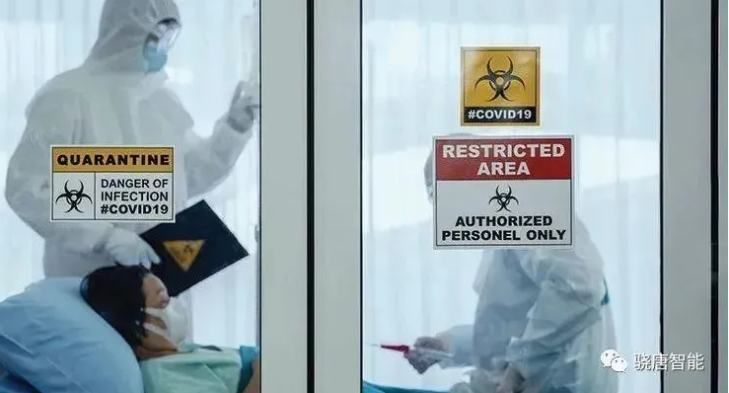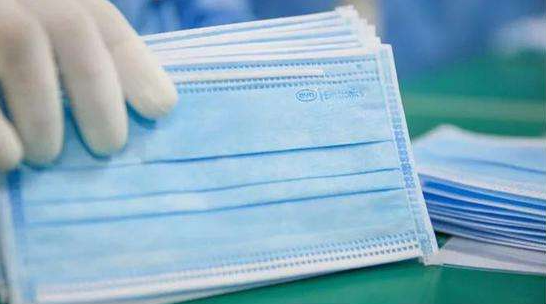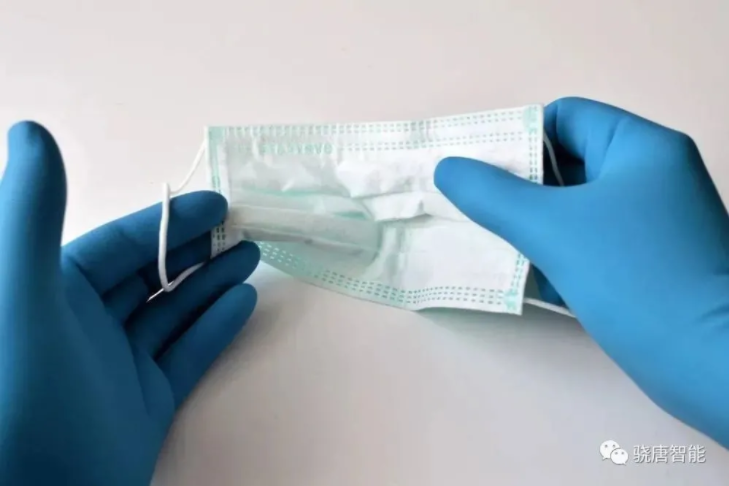A few days ago, Japan invited Fugaku, the world’s fastest supercomputer, to “come out” and came to a conclusion that masks made of non-woven fabrics are more effective than other common masks in preventing the spread of Covid-19 through air droplets.
In the latest TOP500 supercomputing, Japan’s Fugaku supercomputing using 48-core ARM chips ranks first. The supercomputing CPU uses the ARM architecture, the peak floating-point performance is as high as 513PFLOPS (5.13 billion times), and the Rmax performance is also 415.5PFLOPS, which is more than 2.5 times the peak of the second supercomputing Summit, but the power consumption also reaches 28MW, which is 2.8x for Simmit.
According to the Nikkei Asian Review, Fugaku can perform more than 415 trillion calculations in one second. It simulated the effectiveness of three types of masks in preventing viruses and found that non-woven masks are better than those made of cotton and polyester. Masks are better at blocking the aerosol that the wearer coughs up.
Non-woven face masks are disposable medical masks that Japanese people often wear during flu season and the new coronavirus pandemic. They are made of polypropylene and are relatively inexpensive to produce in large quantities.

Non-woven fabrics have no warp and weft threads. They are fabrics that do not require spinning or weaving. They only orient or randomly arrange textile staple fibers or filaments to form a web structure, and then use mechanical, thermal bonding or chemical methods. reinforced.
Because it is not interwoven and knitted together by one by one yarn, but the fibers are directly bonded together by physical methods, so the thread cannot be pulled out like ordinary clothes.
And textile masks, including those used in the Fugaku simulation, are often made from fabrics such as cotton. Textile masks came after a temporary shortage of non-woven masks in some countries.
They can be reused and are generally more breathable, but should be washed at least once a day with soap or detergent and water at least 60 degrees Celsius, according to the World Health Organization (WHO).
According to experts from Japan’s Institute of Physical and Chemical Research (Riken), the non-woven fabric can block almost all water droplets expelled during a cough. The RIKEN is a government-backed research institution in the western Japanese city of Kobe.
Cotton and polyester masks are less effective, but still block at least 80% of droplets.
According to computer models, non-woven “surgical” masks were slightly less effective at blocking small droplets below 20 microns, with more than 10 percent leaking through the gap between the edge of the mask and the face.
A micron is one millionth of a meter.
Makoto Tsubokura, a research team leader at the RIKEN Center for Computational Science, encouraged people to wear masks even as a heatwave swept through much of Japan.
“The most dangerous thing is not wearing a mask,” Tsubokura said, according to the Nihon Keizai Shimbun.
“It’s important to wear a mask, even a less effective cloth mask.”
Fugaku also simulated how droplets could spread in divided office spaces and on crowded trains with the carriage windows open.
Although the 130 billion yen (about $1.2 billion) supercomputer won’t be fully operational until next year, experts hope it will help identify Covid-19 treatments from about 2,000 existing drugs, including Including drugs that have not yet entered clinical trials.
Post time: Apr-26-2022


